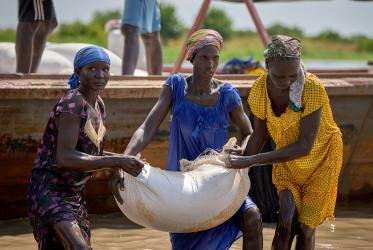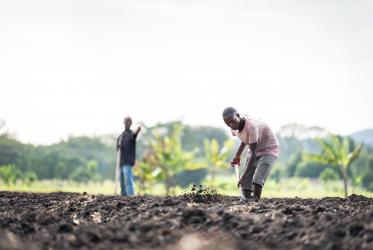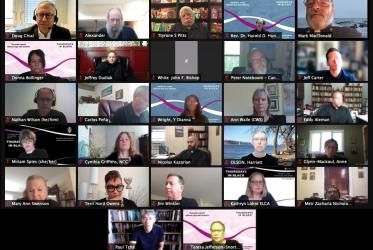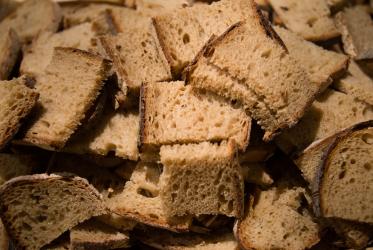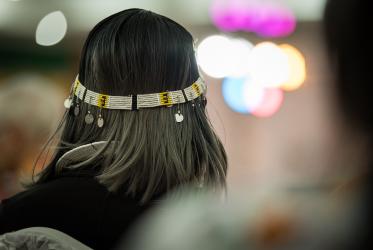Displaying 21 - 40 of 116
Climate crisis fuels existing water injustice
27 October 2021
In Lebanon, “without peace there is no justice”
21 July 2021
On World Food Day, “we pray for wisdom to care for the earth”
16 October 2020
WCC honors world’s indigenous communities
07 August 2020


